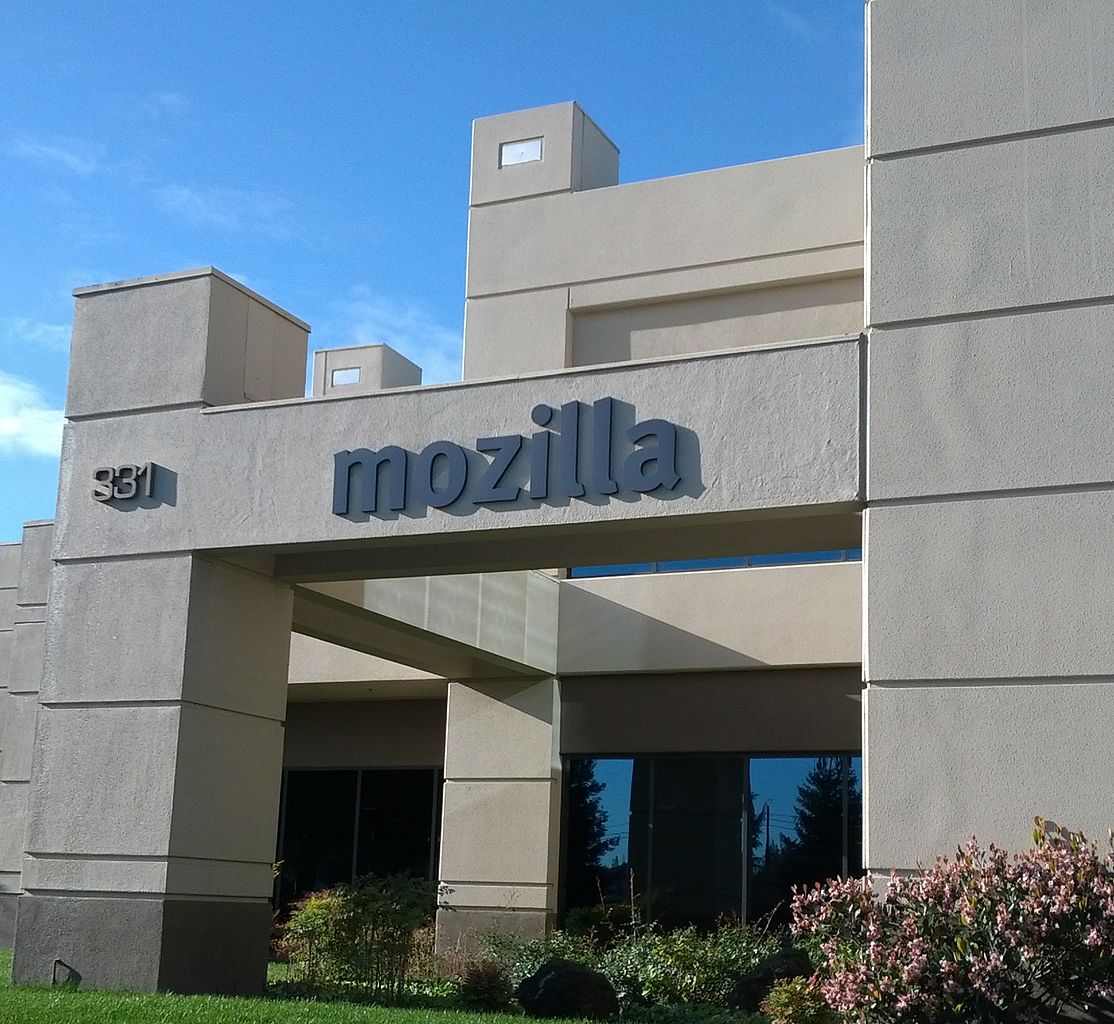Mozilla has always set itself apart as the browser company that cares about its base, but faced with the ever-shrinking user count, the company decided that it’s time to make a change. One of the most recent changes it made is to have a new logo and techies will likely get a kick out of it. Unfortunately, there’s now a concern that perhaps only nerds will appreciate the new look.
Among the media companies that are questioning Mozilla’s choice of logo is Gizmodo, which views the change as rather backward. For starters, the whole premise behind the change is outdated and something that would have worked better back in 1997.
Those who want to check out anything related to Mozilla might come across “Moz://a” now, which replaces the “ill” with a colon and two slashes. Speaking to Wired, the company’s CEO Tim Murray explained how they came about this idea and why they went with it.
“Because it has a portion of URL embedded in the middle of the logo, you know this must be some kind of internet company,” Murray said.
Based on the reactions to the new logo so far, it would seem that things are not turning out as Murray would likely have hoped. The justification for the choice almost brands Mozilla as being out of touch with how far the internet and its users’ understanding of it have come along. This is not the pre-2000s when most people didn’t even know what a URL was.
More to the point, all major web browsers actually suppress the “://” part of the URL when visiting websites that are not considered secure, Ars Technica reports. It’s a coding aspect that is so inconsequential, it’s doubtful that anyone other than programmers would pay it any mind. Basically, it’s not something that your average internet surfer would consider important enough to pay attention to.



 Amazon Stock Rebounds After Earnings as $200B Capex Plan Sparks AI Spending Debate
Amazon Stock Rebounds After Earnings as $200B Capex Plan Sparks AI Spending Debate  Nvidia, ByteDance, and the U.S.-China AI Chip Standoff Over H200 Exports
Nvidia, ByteDance, and the U.S.-China AI Chip Standoff Over H200 Exports  TSMC Eyes 3nm Chip Production in Japan with $17 Billion Kumamoto Investment
TSMC Eyes 3nm Chip Production in Japan with $17 Billion Kumamoto Investment  Jensen Huang Urges Taiwan Suppliers to Boost AI Chip Production Amid Surging Demand
Jensen Huang Urges Taiwan Suppliers to Boost AI Chip Production Amid Surging Demand  Oracle Plans $45–$50 Billion Funding Push in 2026 to Expand Cloud and AI Infrastructure
Oracle Plans $45–$50 Billion Funding Push in 2026 to Expand Cloud and AI Infrastructure  Baidu Approves $5 Billion Share Buyback and Plans First-Ever Dividend in 2026
Baidu Approves $5 Billion Share Buyback and Plans First-Ever Dividend in 2026  Palantir Stock Jumps After Strong Q4 Earnings Beat and Upbeat 2026 Revenue Forecast
Palantir Stock Jumps After Strong Q4 Earnings Beat and Upbeat 2026 Revenue Forecast  Tencent Shares Slide After WeChat Restricts YuanBao AI Promotional Links
Tencent Shares Slide After WeChat Restricts YuanBao AI Promotional Links  OpenAI Expands Enterprise AI Strategy With Major Hiring Push Ahead of New Business Offering
OpenAI Expands Enterprise AI Strategy With Major Hiring Push Ahead of New Business Offering  Nintendo Shares Slide After Earnings Miss Raises Switch 2 Margin Concerns
Nintendo Shares Slide After Earnings Miss Raises Switch 2 Margin Concerns  Global PC Makers Eye Chinese Memory Chip Suppliers Amid Ongoing Supply Crunch
Global PC Makers Eye Chinese Memory Chip Suppliers Amid Ongoing Supply Crunch  SpaceX Seeks FCC Approval for Massive Solar-Powered Satellite Network to Support AI Data Centers
SpaceX Seeks FCC Approval for Massive Solar-Powered Satellite Network to Support AI Data Centers  SoftBank and Intel Partner to Develop Next-Generation Memory Chips for AI Data Centers
SoftBank and Intel Partner to Develop Next-Generation Memory Chips for AI Data Centers  SpaceX Prioritizes Moon Mission Before Mars as Starship Development Accelerates
SpaceX Prioritizes Moon Mission Before Mars as Starship Development Accelerates  Nvidia CEO Jensen Huang Says AI Investment Boom Is Just Beginning as NVDA Shares Surge
Nvidia CEO Jensen Huang Says AI Investment Boom Is Just Beginning as NVDA Shares Surge  Google Cloud and Liberty Global Forge Strategic AI Partnership to Transform European Telecom Services
Google Cloud and Liberty Global Forge Strategic AI Partnership to Transform European Telecom Services 































